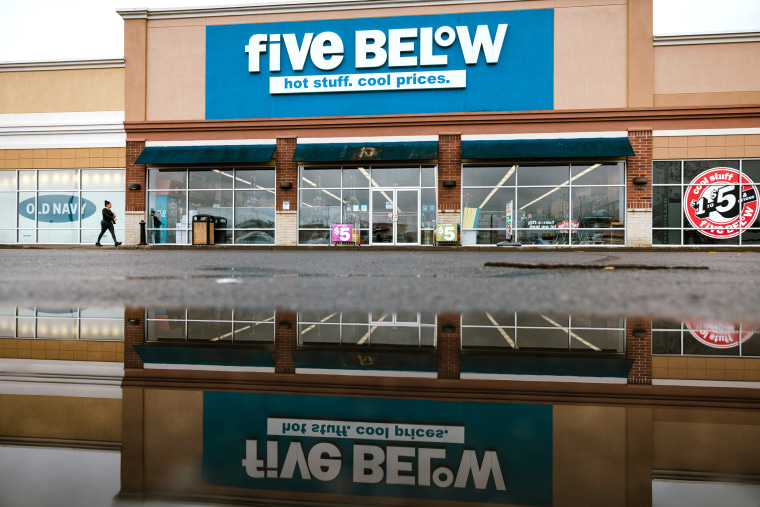Major Retailers Are Backtracking on Self-Checkout
The rise of self-checkout lanes in retail stores was once viewed as a convenient and efficient way for customers to quickly make their purchases. However, major retailers are now backtracking on this technology amid various challenges and negative feedback from both customers and employees.
One of the primary reasons retailers are reconsidering self-checkout is the impact on customer service. While self-checkout lanes were intended to speed up the checkout process, many customers have reported feeling frustrated and confused by the technology. Issues such as unexpected errors, difficulty scanning items, and the lack of human interaction have led to a decline in overall customer satisfaction.
Moreover, self-checkout has been linked to an increase in theft and loss prevention challenges for retailers. With fewer employees monitoring transactions, some customers have taken advantage of the system by intentionally mislabeling items or bypassing payment. This has resulted in significant financial losses for many stores, prompting them to rethink the use of self-checkout as a cost-effective solution.
In addition to customer and security concerns, self-checkout has also raised questions about its impact on employment. With automated machines taking over tasks traditionally performed by human cashiers, many retail workers fear job instability and potential layoffs. This has sparked debates about the ethical implications of prioritizing efficiency and cost savings over the well-being of employees.
Despite the drawbacks associated with self-checkout, some retailers continue to embrace the technology as a way to streamline operations and cater to tech-savvy customers. However, the recent trend of major retailers backtracking on self-checkout suggests a shift towards prioritizing customer experience and employee satisfaction over automation and convenience.
As the retail industry continues to evolve, it is essential for retailers to strike a balance between leveraging technology to improve efficiency and maintaining a high level of personalized service. By carefully considering the impact of self-checkout on customers, employees, and overall store performance, retailers can make informed decisions that align with their values and long-term goals.

